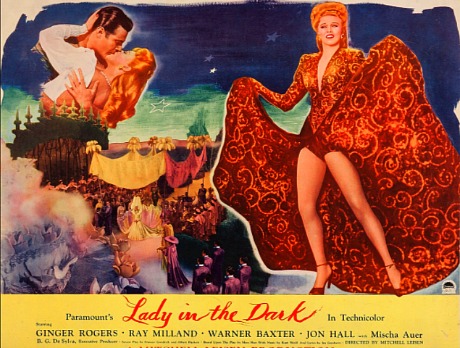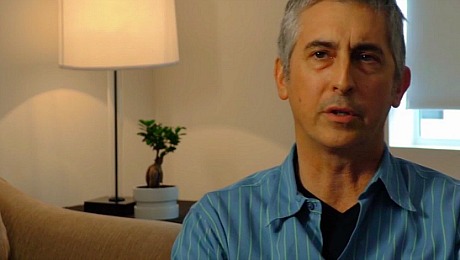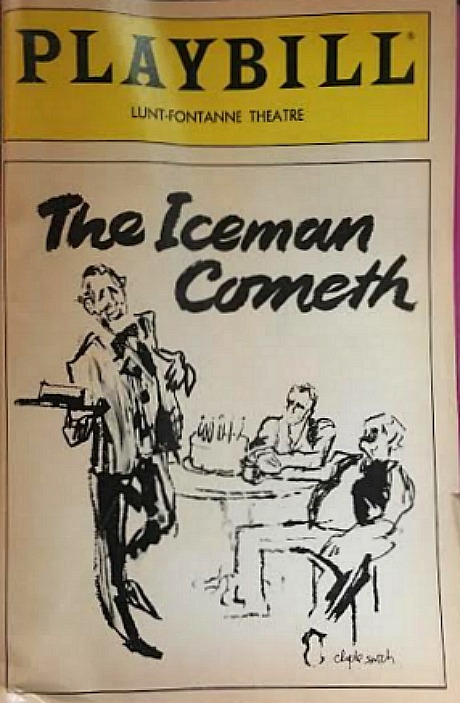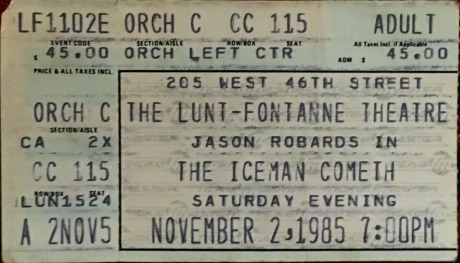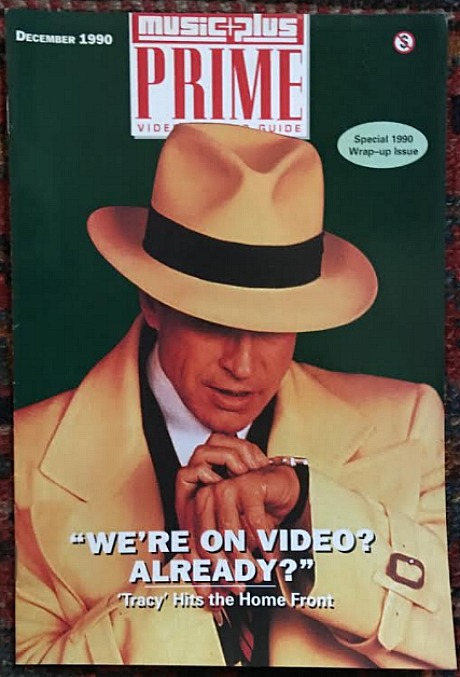13 or 14 years ago screenwriter William Goldman (Marathon Man, All The President’s Men, Butch Cassidy and the Sundance Kid) explained what a “drop-out” moment is — i.e., when something happens in a film that just makes you collapse inside, that makes you surrender interest and faith in the ride that you’re on. You might stay in your seat and watch the film to the end, but you’ve essentially “left” the theatre. The movie had you and then lost you, and it’s not your fault.
I was with Moonlight during the first two chapters of Chiron’s life, the ones that starred Alex Hibbert as “Little” and Ashton Sanders as the teenaged version. Both were “soft” in the same ways — tender, slender and frail — and I felt for their sadness and trepidation. But I dropped out when the muscular, panther-like Trevante Rhodes came along to inhabit the adult Chiron.
There was simply no believing Rhodes used to be a slender little wimp…no way. And the idea of this studly, good-looking guy having never had sex with anyone since that one heart-stopping handjob on the beach…no way again.
Caspar Phillipson‘s casting as JFK didn’t cause me to lose interest in Pablo Larrain‘s Jackie, but the instant I laid eyes I said to myself, “This guy is supposed to be Jack Kennedy? I don’t think so!” He was too short, for one thing — shorter than Peter Sarsgaard‘s Robert F. Kennedy, which was fairly ridiculous knowing that Jack was a good two inches taller than Bobby in real life.
Phillipson didn’t “kill” Jackie for me, but his presence did persuade me that it wasn’t a home run and that my only option was to wait for interesting stuff to happen. I said to myself, “A movie about the Kennedy White House uses a fucking Danish actor and then shaves his hair too closely so you can see whitewalls? Scalp was never visible on the sides of JFK’s thick thatch, and the makers of this movie didn’t know that when they prepared Phillipson for the part? Forget it.”
I “drop out” of a lot of movies the instant I hear they’re being made. Don’t get me started but there are hundreds in this camp. If any movie is costarring Dwayne Johnson or Vin Diesel, I’m gone. If Ben Mendehlson is in a film, I’m 90% ready to to jump ship, sight unseen.
Read more


